We meet East End gangster Brown Bread Fred
Freddie Foreman– also known as Brown Bread Fred– was an East London gangster who worked closely with the Kray twins in the 1950s and 60s.
Freddie Foreman stepped out at Genesis Cinema on 13 April 2018 for the premiere of Fred, a documentary about his life.
Born and raised in Battersea, South London, Freddie had to make the move East because, as he puts it, ‘I couldn’t walk down the street anymore.’ Where did he move? Ronnie and Reggie’s flat opposite the Blind Beggar in Whitechapel.
Accused of several murders, Freddie Foreman served time for the disposal of the body of Jack ‘The Hat’ McVitie and again later for several high-profile robberies. In prison, he was asked to write his autobiography, and so in 1996 published his book Respect. ‘That’s all I ever wanted, that’s what it is all about. Respect. And making money,’ he explained.
The documentary looks at his life, and the impact that his actions had on his friends and family, and the East London community in general. Director and writer Paul Van Carter (The Guv’nor), said, ‘We became friends throughout the filming. He’s a lovely guy, with a fascinating story and an unbelievable memory.’
The gangster culture of the ’60s certainly impacted the East End in a long-lasting way, and Freddie acknowledges that the gang culture of today may be related in some way to the past. ‘There’s always been a gang culture round here. The kids today are stupid though, killing each other with kitchen knives over drugs and territory. In our day it was about pubs and bars – no one even knew what cocaine was, and who cares about having a little patch, not us.’
Freddie said ‘We put the East End on the map. Before us, no one even knew about its existence.’
Clearly still well-respected, at the premiere there were countless men approaching Freddie to pay their respects. This level of respect makes sense – he was in the inner circle of The Firm and held Reggie Kray in his arms when he died in prison. ‘I was with Reg when he died. He was in my arms. He gave one last cough and I said, ”That’s it, he’s gone”.’
After his autobiography was published, Freddie opened himself to a world of media interest. ‘I don’t mind, it is just nice to keep making money.’ Does he think it glamorizes the world of gangsters and crime? ‘There were pretty glamorous parts to our lives back then. But I think people are interested in it, and I don’t see the problem.’
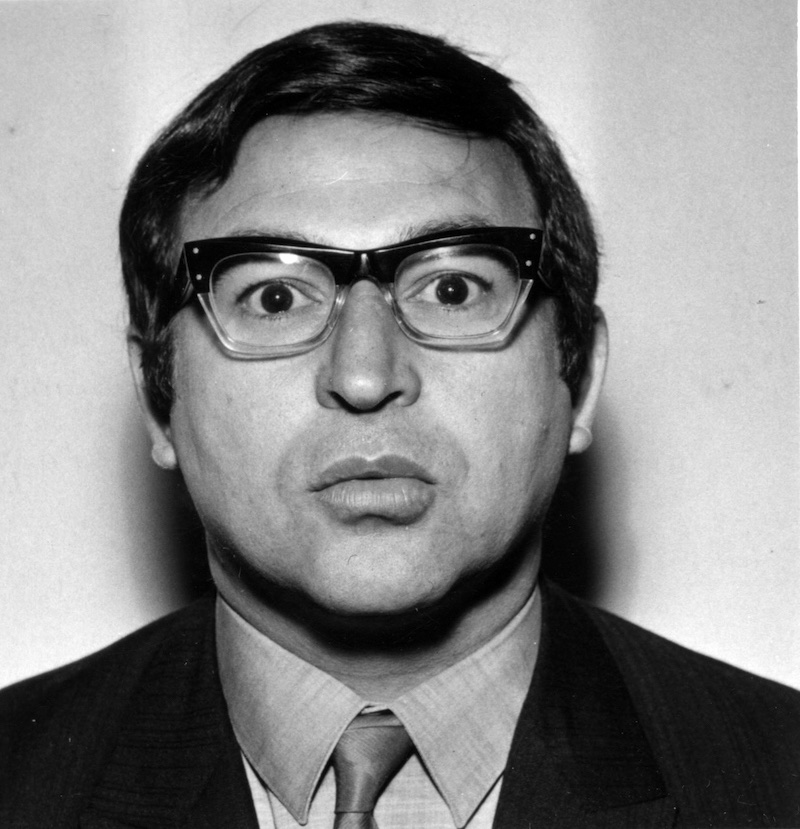
This strangely endearing documentary about one of London’s most notorious gangsters talking about his family, friends, and past, is a must-see for anyone who is even slightly interested in the history of London.
Many parts of the film are shot in the East End, and famous Kray hangouts like the Blind Beggar feature heavily. In the film, you see a softer side to the hard gangster that springs to mind at the mention of Freddie Foreman. He is taken back to Battersea where he was born, and the shock at how different it is clearly impacts him. Sad snippets of the film explain that he is no longer in contact with his sons, including his son Jamie Foreman, Layer Cake and Eastenders actor.
The film took a year to make and makes use of Freddie’s sensational memory, interviews with people who know him, and archive footage to paint a picture of what gangster life was like in the ’60s. Can the Godfather of London ever really find redemption?
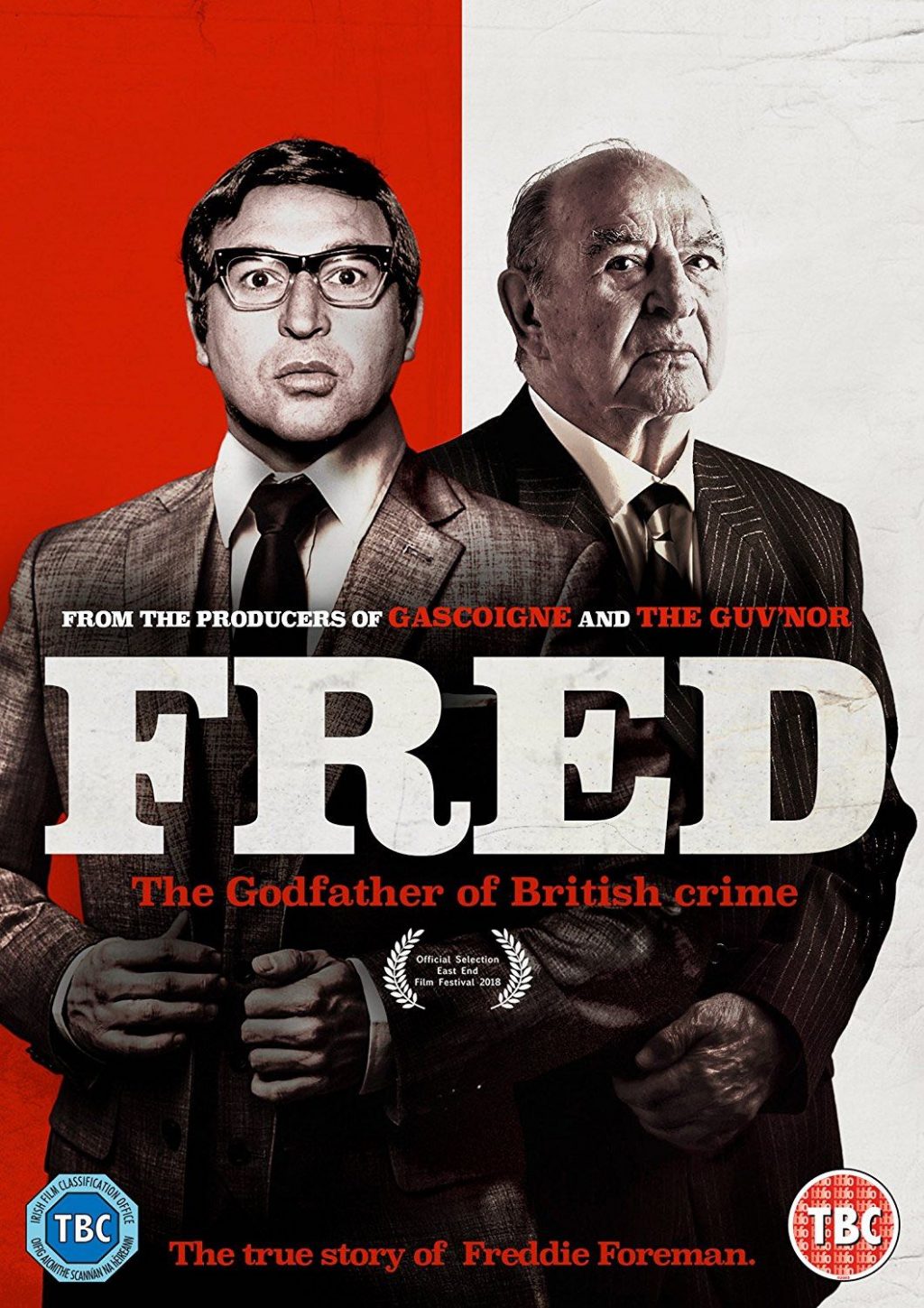
Fred premiered at the East End Film Festival on 13 April 2018.
If you liked this, you may also enjoy reading The unrelenting lure of the Kray Twins: Jacky Hyams on separating East End truth from folklore.

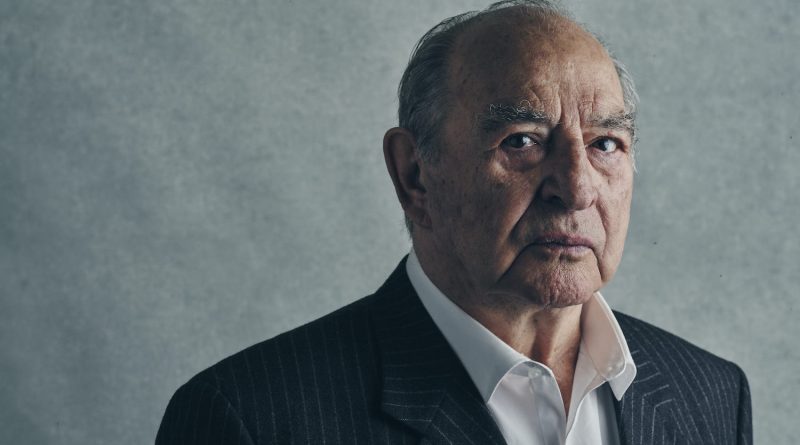
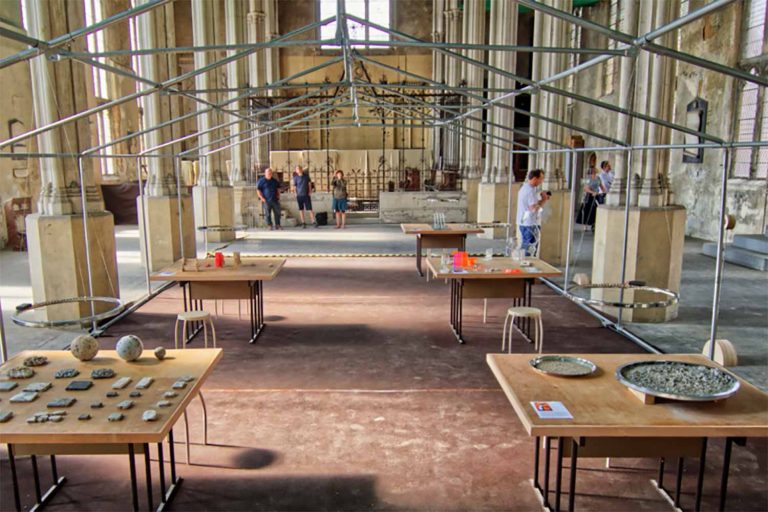
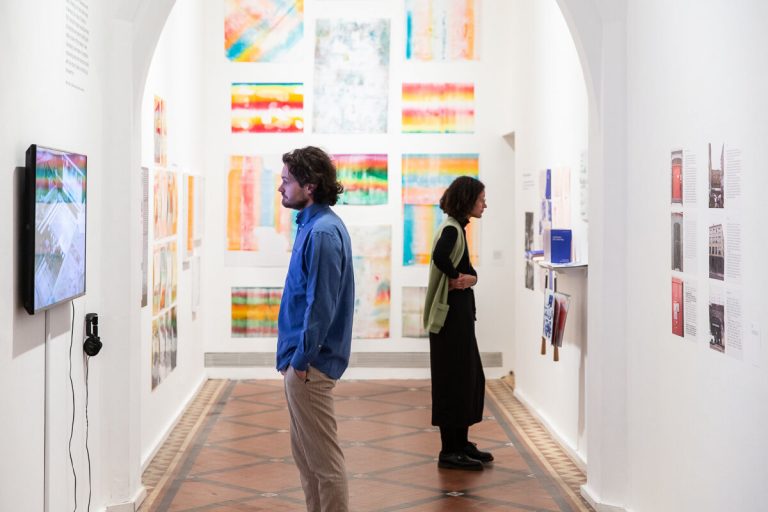
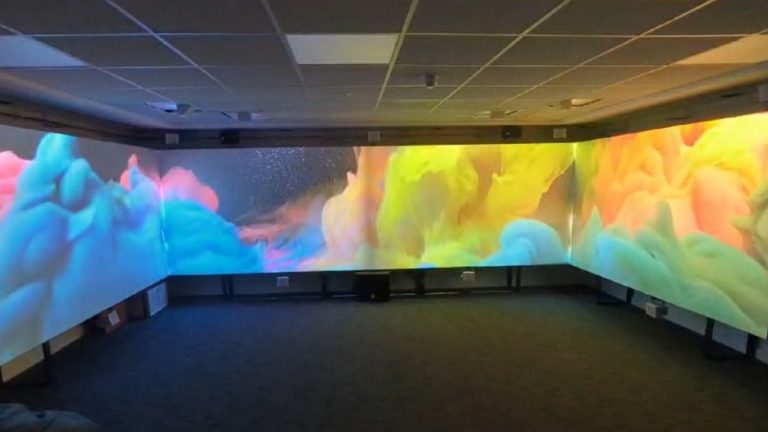
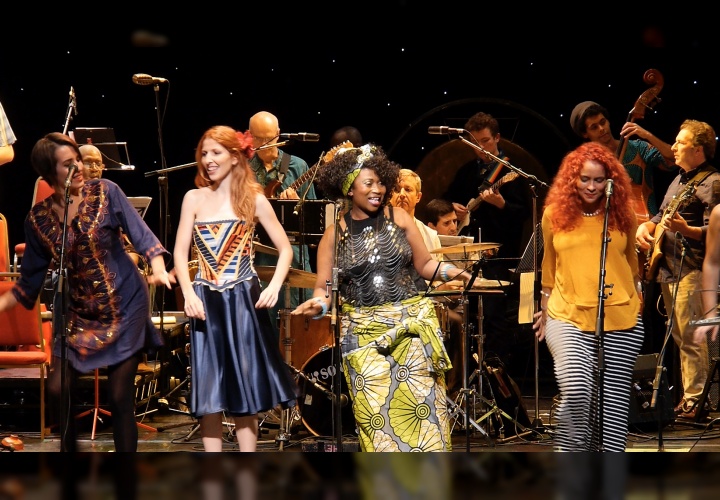
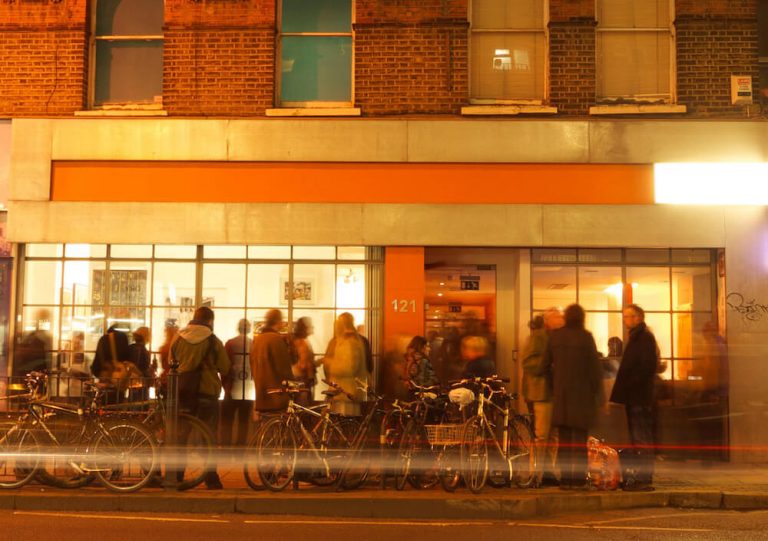
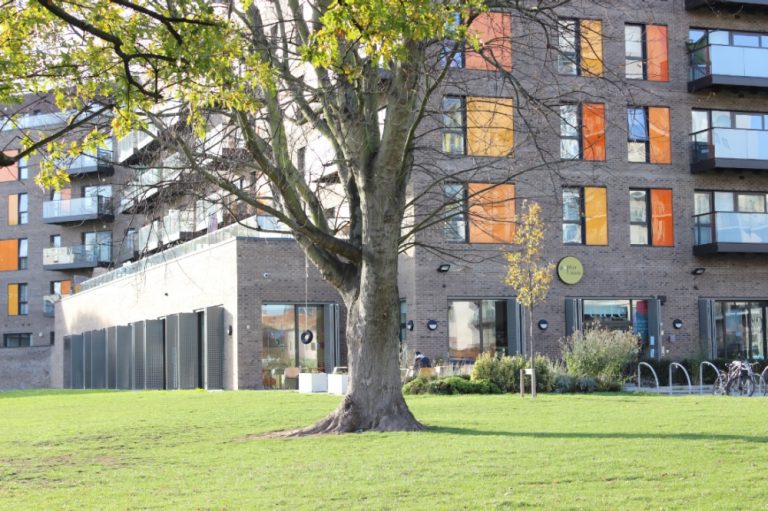

Although interesting Not sure what I think about this story
Whilst it is correct that Fred was with Reg Kray when he died, and heard what he described in “Respect” as the “death rattle”, this didn’t happen in prison.
Reg Kray was released from prison on compassionate grounds when he was close to dying from terminal cancer. He was in a hotel when he died, where he had been staying & receiving palliative medical care.